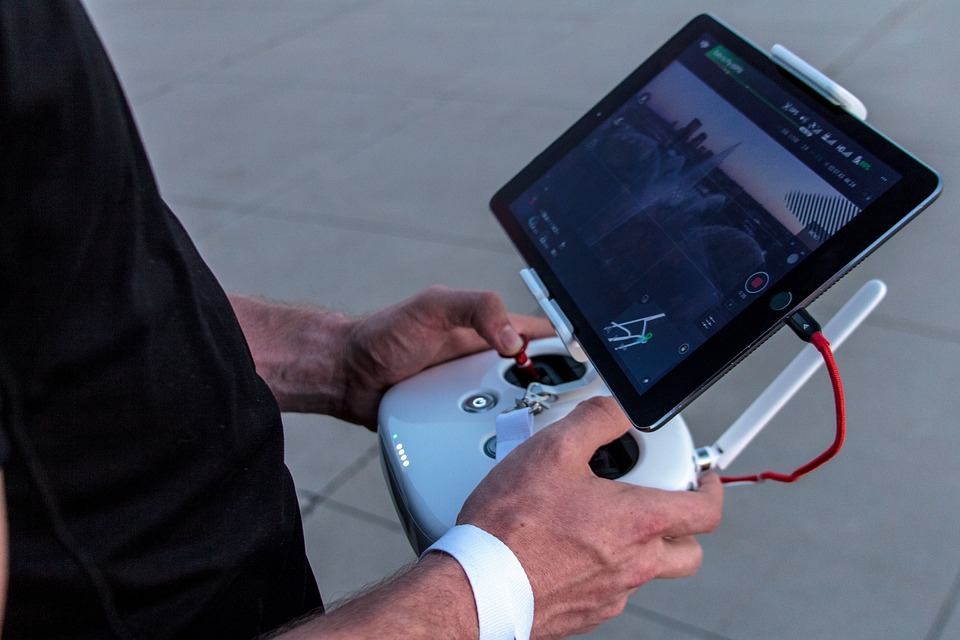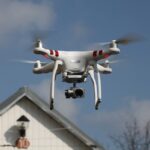Flying an aircraft is an exhilarating experience that requires a high level of skill and precision. Whether you are a student pilot or an experienced aviator, there are always ways to improve your piloting skills and master aerial maneuvers. Flight schools are the perfect place to learn and practice these skills, with experienced instructors guiding you every step of the way.
Here are some tips for improving your piloting skills and mastering aerial maneuvers at a flight school:
1. Take advantage of simulator training: Flight simulators are a great way to practice flying in a safe and controlled environment. They can help you improve your coordination, navigation, and decision-making skills without the risk of flying a real aircraft. Flight schools often have state-of-the-art simulators that mimic real-life flying conditions, allowing you to practice different maneuvers and scenarios.
2. Listen to your instructor: Flight instructors have years of experience and expertise in flying, so it is important to listen to their guidance and follow their instructions. They can provide valuable feedback on your performance, help you correct any mistakes, and teach you new techniques for improving your flying skills. Ask questions, seek clarification, and be open to constructive criticism from your instructor.
3. Practice regularly: Like any skill, flying requires practice to master. The more you fly, the more comfortable and proficient you will become in the cockpit. Take advantage of any opportunities to practice flying, whether it is through solo flights, dual instruction, or group training sessions. Set aside time each week to practice different maneuvers, such as stalls, steep turns, and takeoffs and landings, to hone your skills.
4. Focus on precision and accuracy: Flying is all about precision and accuracy, especially when it comes to performing aerial maneuvers. Pay attention to your altitude, airspeed, heading, and pitch control during maneuvers to ensure a smooth and coordinated performance. Practice slow and deliberate movements, maintain a steady hand on the controls, and anticipate any changes in the aircraft’s behavior during maneuvers.
5. Stay calm under pressure: Flying can be a high-stress environment, especially when performing complex maneuvers or during emergency situations. It is important to stay calm, focused, and composed under pressure, as panicking can lead to mistakes and accidents. Develop a mental checklist for handling different scenarios, practice emergency procedures regularly, and remain confident in your flying abilities.
6. Seek additional training: Flight schools offer a variety of training courses and programs to help you improve your piloting skills and master aerial maneuvers. Consider taking advanced flight training courses, such as aerobatics, instrument flying, or multi-engine training, to expand your knowledge and experience in different flying disciplines. Additionally, seek out opportunities for specialized training in specific areas of interest, such as crosswind landings, mountain flying, or formation flying, to further enhance your skills as a pilot.
Flying an aircraft is a rewarding and challenging pursuit that requires dedication, practice, and continuous learning. By following these tips and taking advantage of the resources available at flight schools, you can improve your piloting skills, master aerial maneuvers, and become a proficient and confident aviator. Remember to always prioritize safety, professionalism, and a passion for flying in your journey to becoming a skilled pilot.





